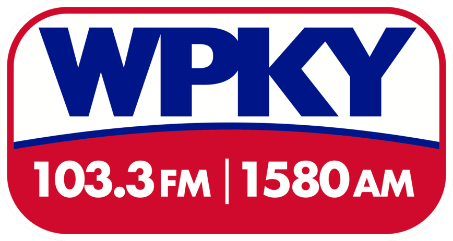
Officials with the Princeton Electric Plant Board (PEPB) are alerting customers of the potential for short rolling outages this summer due to the excessive heat placing a strain on the power grid.
Officials with PEPB say the North American Electric Reliability Corporation recently released a report warning of elevated risks of electric capacity shortfalls in all or portions of 15 states including Kentucky where the electric grid is operated by the nonprofit organization known as Midcontinent Independent System Operator or MISO.
According to PEPB officials, the report coupled with the onset of sweltering heat could possibly cause short energy shortages during peak periods of high heat and humidity throughout the MISO region that could potentially affect local power customers.
PEPB officials state that power supply availability through this initial June heat wave should hopefully indicate a low probability of enacting rolling power outages, but conditions could quickly change that would necessitate action. Regardless, PEPB will make every effort to minimize any inconvenience to our customers and to minimize the length and frequency of any outages due to a temporary energy shortage.
PEPB officials say rolling outages are rare, but in an energy shortage situation, the local power provider will need to “curtail load” or lower load levels through the implementation of rolling outages. The rolling outages will involve de-energizing circuits or portions of circuits for short periods of time (approximately 1 to 2 hours) periodically throughout the period of energy shortage. They indicate any energy shortage periods will most likely occur from 1 p.m. to 7 p.m. Monday through Friday during times of extreme heat and humidity that greatly increase the demand for electricity across the region. PEPB officials are asking customers to do anything you can to conserve energy during these times to help lower the demand for electricity.
There are a few things customers can do to lower your electricity usage such as add caulk or weather stripping to seal air leaks around doors and windows to prevent warm air from leaking into your home; wash full loads of dishes and clothes for better efficiency; clean or replace filters on air conditioners once a month or as recommended; set your thermostat higher; keep the window coverings closed during the day to block the sun’s heat; and use your microwave, instant pot, air fryer, or outdoor grill to reduce heat in your kitchen.





